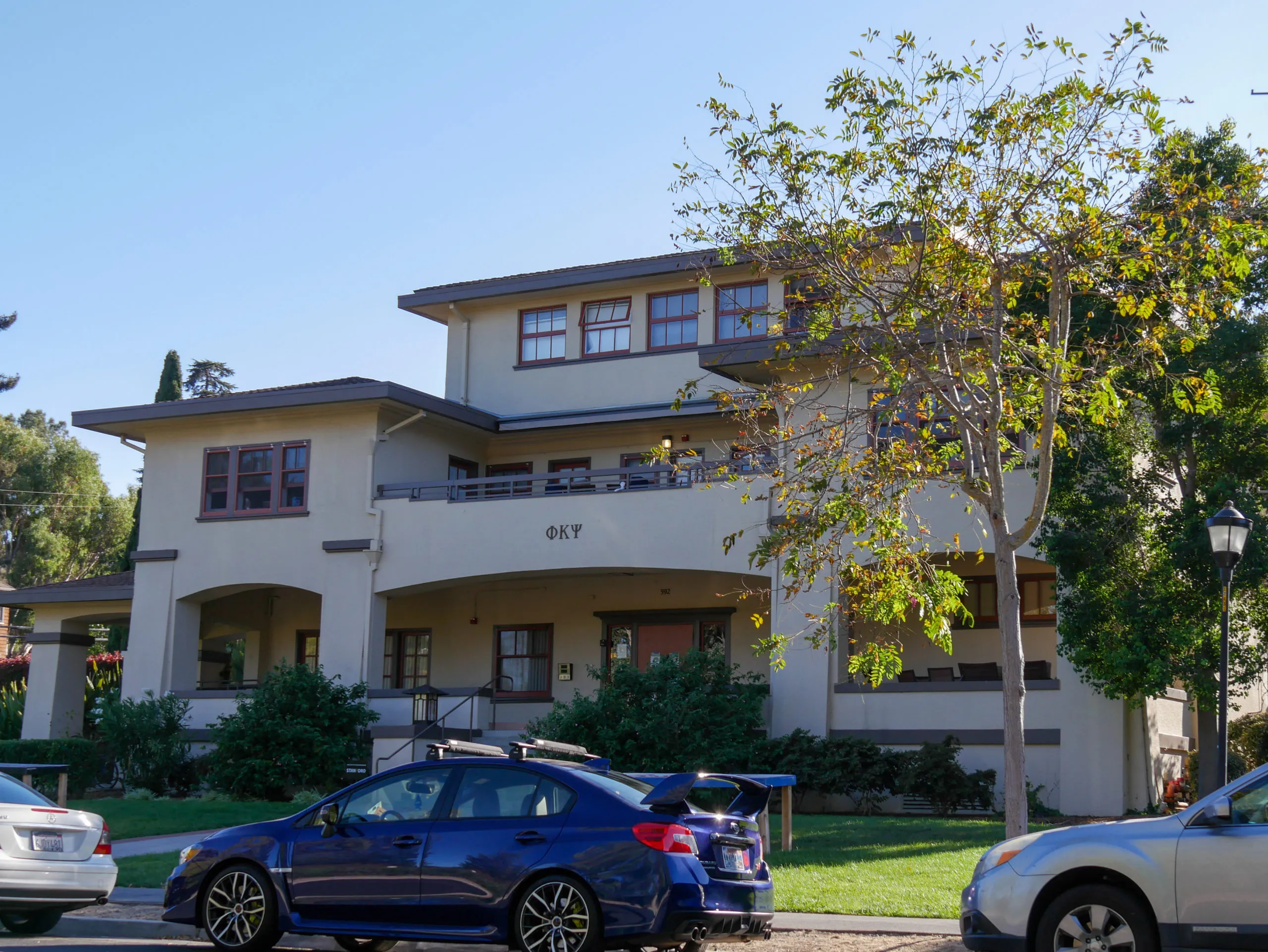Dear Editor,
As leaders within the FSL (Fraternity and Sorority Life) community we felt it important to respond to the opinion piece authored by the Daily’s Editorial Board. To begin with, we largely agree. The social opportunities including parties, philanthropic events, and non-alcoholic events hosted by FSL organizations should only be a small part of the choices available to Stanford students. We concur that hosting any event is currently far too difficult, and we look forward to the changes promised by the administration to streamline the process. We would also like to state unequivocally that the primary reason many of our events are not as inclusive as we would like is directly driven by the actions and policies of the University, not our desire to exclude our fellow students.
The Greek system has played an outsized role in our conversations about the challenges of social life on Stanford campus. Being sometimes over-represented as a hero, and often unfairly portrayed as the villain. It is to this last point that we would like to correct some of the misrepresentations frequently made and echoed by the Editorial Board.
The first is diversity and exclusion. Our FSL community is observationally among the most diverse in the nation. We have been working with the administration to try and obtain data that we can publish to inform the community and potential new members. Every chapter is not perfect, but all want to improve. In support of economic diversity, Stanford has the Opportunity Fund that allocates 16% of its resources to FLI students who recognize the FSL community as an elevating platform for them, but while this resource is greatly appreciated it is dwarfed by the need of the many FSL members who do not fit the wealthy stereotypes. To include these students many of our chapters have created alumni led funds to support the experience. This coupled with dues well below the national average place Stanford’s FSL community amongst the nation’s most accessible.
It is true we have a selective process for choosing new members. No one enjoys selective processes whether it is choosing a University, joining a sports team, matching to a medical residency, or finding a job. It is both about resources and assuring the quality of an experience. There is currently a larger disconnect between the student demand for a housed FSL experience and the ability to provide that experience than has ever existed. Our housed organizations are larger than they have ever been in Stanford’s history. For many of them there are more members living outside of the house than in it. For the second year in a row despite taking record sized classes of new members, there were almost as many people that we could not take into the system as joined. This again is a matter of resources and policy that we do not control. We will continue to advocate for more chapters and more housing to expand the experience to the growing number of students who desire it.
In response to the concerns about safety, we would like to state unequivocally that the Stanford community should strive to create an environment where non-consensual contact never occurs, and the FSL community knows we can be part of the solution. We’ve built in training for our members, monitors at our parties, reporting hotlines, and codes of conduct for members and guests. With that said, we feel the Editorial Board misrepresented the data in their piece. In the linked reference we could not even find numbers to support the 47% figure given in the initial piece, which has since been corrected after our piece was submitted for publication. Most people only read the original article and never see the corrections, which are typically not issued for pieces regarding Greek Life. This feeds a vicious narrative in the Stanford community. In actuality, we found that for the incidents cited, the most egregious assaults were over 5 times as likely to happen in a dorm and non-consensual touching was over 20% more likely to happen in a dorm.
Lastly, we write to express our desire to be included in future conversations surrounding community improvement. The Editorial Board did not contact FSL leaders to request comment before authoring their piece and consequently misrepresented our community in damaging ways. We will never profess that we are perfect, but it is hard for us to correctly assess our shortcomings without the opportunity to be included in the important discussions about them.
We embrace the recommendations on how FSL chapters can promote more safety and diversity. We commit to enacting the recommendations of the Editorial Board. But we would respectfully ask that our community, who represent more than 1 out of every 5 undergraduates, not be blamed for all challenging issues our community faces. Stanford social life thrives when it is student led and provides opportunities as diverse as the students. We can and should partner to make our student experience better.
Sincerely,
Jude Reiferson ’24 (Interfraternity Council (IFC) President) and Olivia Partamian ’24 (Inter-Sorority Council (ISC) President) on behalf of the joint IFC and ISC councils
